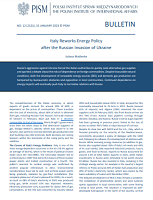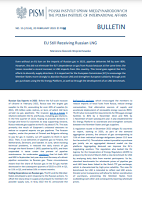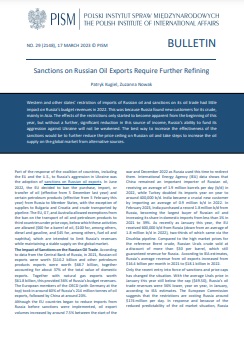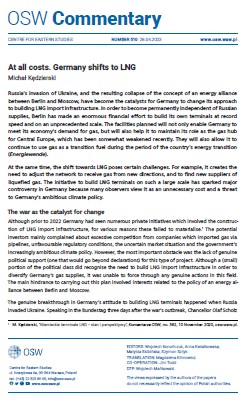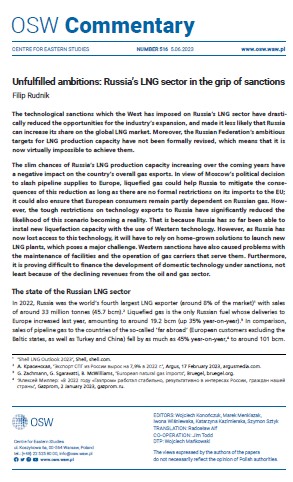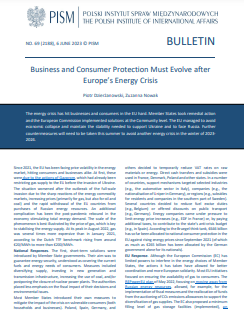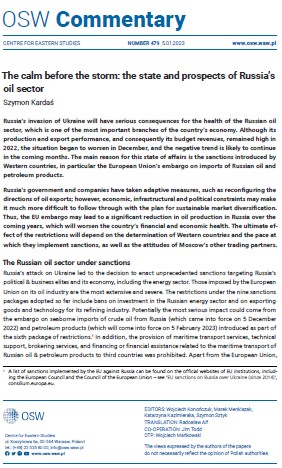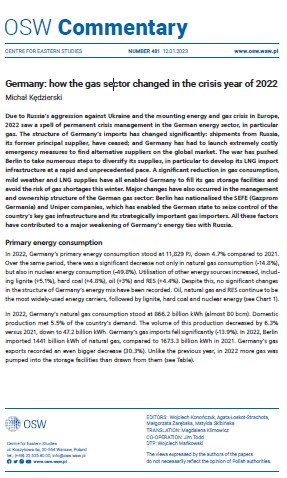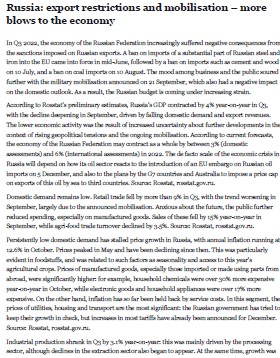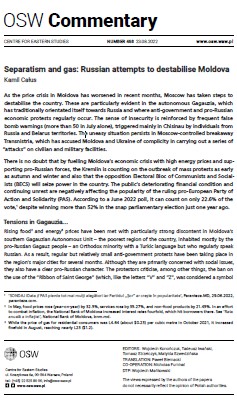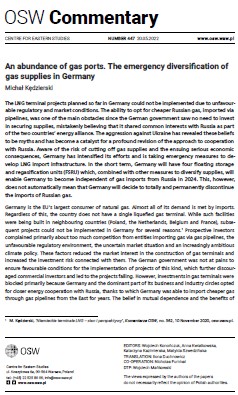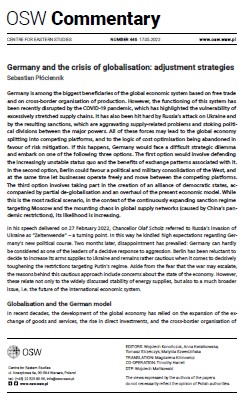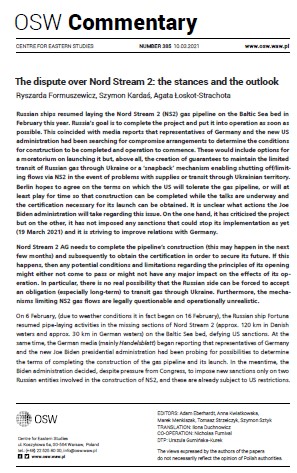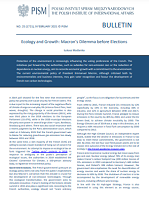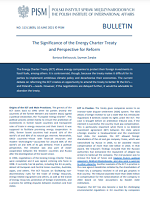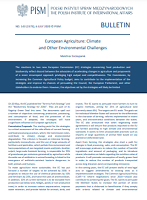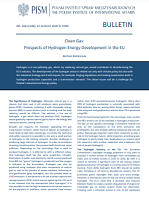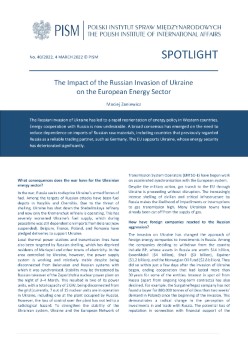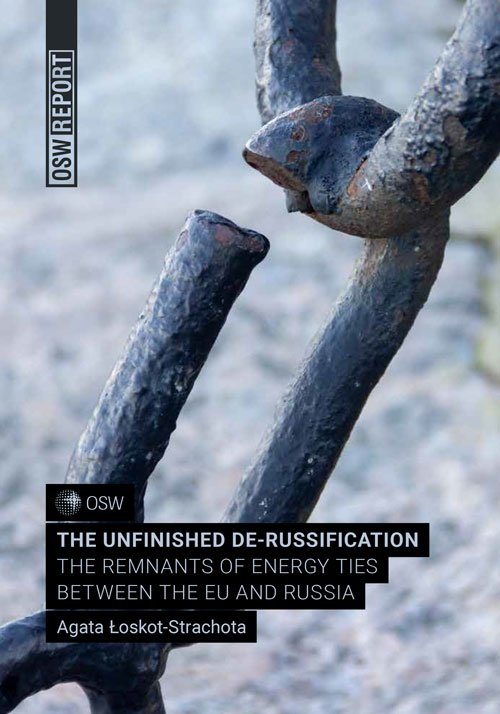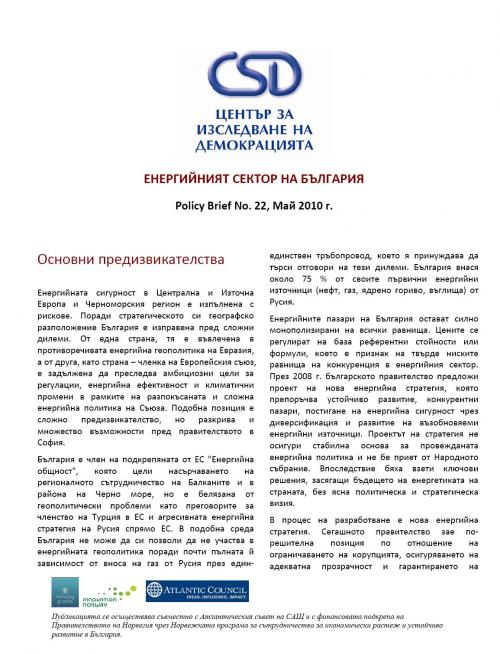
CSD Policy Brief No. 22: Енергийният сектор на България
The brief "The Energy Sector of Bulgaria" is elaborated jointly by the Center for the Study of Democracy and the Atlantic Council of US. It presents the main challenges that the energy sector in Bulgaria faces. By virtue of its geography, Bulgaria finds itself in a difficult nexus, drawn into Eurasia’s contentious energy geopolitics and as a European Union member, involved in the Union’s fragmented energy policy and complex regulatory, energy efficiency and climate change objectives. That position is challenging, but it also presents decision-makers in Sofia with opportunities.
More...
